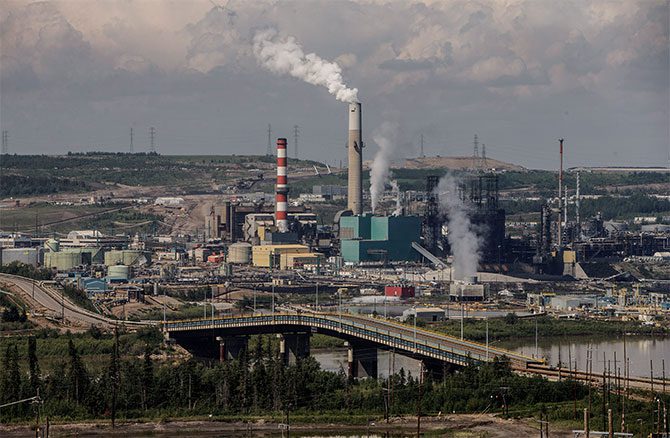Statement by Julie Segal, Senior Program Manager, Environmental Defence
Belém, Brazil – At the conclusion of COP30 in Belém, countries have shown that climate leadership works when people and communities are put at the centre. The final decision from countries here at COP reaffirms that the priority – and purpose – of climate action is human, Indigenous, and labour rights. Countries created a historic new mechanism to ensure that the transition away from fossil fuels is just and equitable for workers and communities. The agreement two-years ago at COP28 to “transition away from fossil fuels” remains core to succeed on the Paris Agreement, and this COP30 delivers new accountability for justice and human rights at the heart of this transition.
However, there were opportunities for progress left on the table. In particular, while the COP President will continue with a new roadmap to transition away from fossil fuels, the possibility to include it formally within the negotiated outcome was left impossible when wealthier high-emitting countries failed to show up with the financial support that is required. A stronger agreement for a phase out of fossil fuels within the negotiated text was thwarted by wealthier countries not yet delivering the action and finance to assure vulnerable nations that the transition would be funded, fair, and equitable.
The Brazilian President Lula was committed to advancing a roadmap to phase out fossil fuels from early in COP30, with over 80 countries – not including Canada – supporting a joint and just global plan. Countries from Latin America and the most climate vulnerable Pacific Nations collectively called for an end to the world’s addiction to fossil fuels. Brazilian President Lula said it clearly: “we need to start thinking about how to live without fossil fuels”. This climate leadership on a transition away from fossil fuels is about improving the wellbeing and safety of people around the world – the climate crisis worsens poverty and inequality, and an unplanned transition leaves workers and communities at risk.
Yet Canada has been failing to do its own climate action homework. Prime Minister Mark Carney did not show up at COP30, and instead focused on finding support for new expansion of polluting oil and gas projects domestically. This opposes the commitments Canada made to the Paris Agreement on Climate Change ten-years ago. Canada also failed to deliver a new commitment on global finance, which was due this year. Delivering on climate action at home is the most important foundation for Canada to be a constructive global player, while financing for the most vulnerable nations is key for the energy transition to be delivered.
Immediately before the federal budget was voted on, the Prime Minister told parliament Canada “will respect our Paris commitments for climate change, and we are determined to achieve them.” Climate experts globally and in Canada will work to ensure this happens, as Canada’s lack of action has been a severe disappointment to people around the world.
COP30 made it clear that other countries are continuing to deliver on the group project of reducing global emissions. Climate change is harming communities across the country and it is devastating to see Canada during the time of global climate negotiations fail to deliver either a plan or action at home that would keep our planet safer.
BACKGROUND:
- The negotiations at COP 30 are important because climate change has reached the crisis point. The harmful wildfires across Canada over the past years were attributed to climate change, with the resulting area burned increasing by over six-times what was historically experienced. The damages affect our communities and our economies, with record-breaking insurance costs on climate related losses of over $8-billion CAD.
- Civil society groups from around the world sought to advance a just transition package – the Belém Action Mechanism – as the vehicle to ensure workers and communities are supported and protected through the transition away from fossil fuels and other climate-related shifts in economies and communities.
- Canada is expected to miss our 2030 targets on the way to achieving net-zero emissions by 2050, which are a part of the country’s legislated net-zero commitment.
ABOUT ENVIRONMENTAL DEFENCE (environmentaldefence.ca): Environmental Defence is a leading Canadian environmental advocacy organization that works with government, industry and individuals to defend clean water, a safe climate and healthy communities.
– 30 –
For more information or to request an interview, please contact:
Alex Ross, Environmental Defence, media@environmentaldefence.ca






